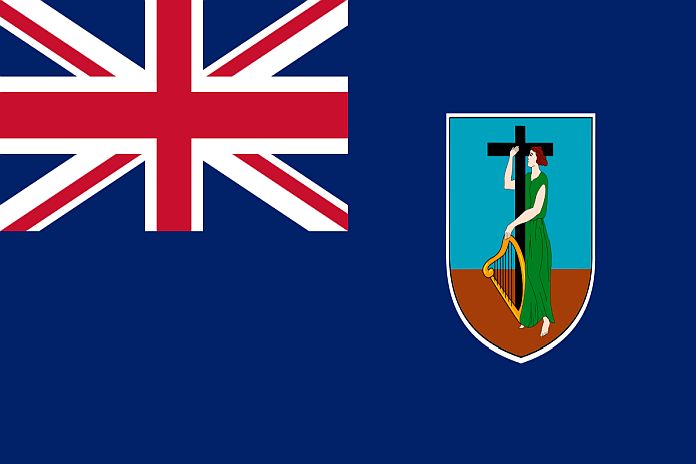BRADES, Montserrat – The government of Montserrat has made provisions for discretionary leave and has issued a flexible working arrangements policy for public officers, in light of the March 13, 2020 decision to limit gatherings of more than 50 persons, and to close schools March 16 – April 3, 2020.
These decisions were taken in light of the COVID-19 pandemic, includes advising persons to remain home, if they exhibit cold or flu symptoms and if they are staying or residing with any person who travelled on British Airways flight (BA2157).
Following these decisions, the government of Montserrat has introduced a ‘discretionary leave provision’ to allow employees the time and flexibility to make alternate arrangements for the supervision of school-aged children.
Heads of departments have been authorized to grant discretionary leave effective the week beginning March 16 – April 3, 2020. During this ‘relaxed attendance period’, heads of departments may grant civil servants additional paid leave to resolve personal commitments relating to childcare.
However, before using this provision, employees must obtain permission from their line managers to coordinate the impact of such absences on the department. Additionally, not all roles may be suitable for discretionary leave and public officers are reminded that it is still the responsibility of all public officers to deliver the services which the public requires.
The government has also implemented a flexible working arrangements policy which allows public officers the ability to take a more flexible approach to work, in terms of working locations, hours and duties. This policy was deemed necessary as the government of Montserrat continues to deal with the challenges arising from the COVID-19, whilst balancing the need to maintain essential public services for as long as it is deemed advisable to do so.
Therefore, effective immediately and until notified that normal management procedures have been re-instated, heads of departments are authorized to consider and agree on flexible work arrangements which achieve the delivery of public services.
However, employees and managers will equally recognize that not all flexible working options will be appropriate for all roles. Flexibility in how an employee works, includes:
- Staggered or Split Workday: where an employee carries out their hours in an agreed staggered or split-shift pattern.
- Compressed Working Week: Where an employee works their usual hours in fewer days by working longer blocks.
- Flexi-time: Where a variable work pattern is agreed with the line manager.
- Working longer: Where extra hours are required to achieve a specific task or deliver a service.
Flexibility in ‘where’ an employee works, include: remote working (either at home or from an alternate location); where an employee carries out all or part of their duties from home or another agreed location rather than the employee’s primary work location.
Flexibility in what an employee does includes: Redeployment – where an employee ceases to perform their normal duties and is reassigned to carry out another critical function, either within their department or across the public service.
Other combinations of flexible working arrangements may also be agreed, at the discretion of heads of departments. The policy will be reviewed on or before April 3, 2020, and further advice provided as required.






